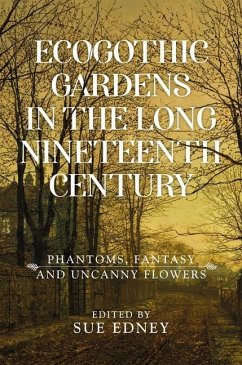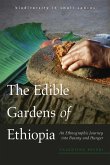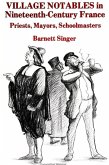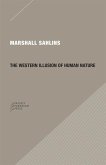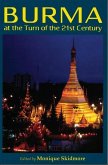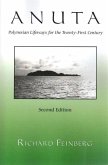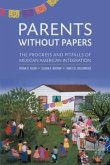EcoGothic gardens in the long nineteenth century: Phantoms, fantasy and uncanny flowers draws together expert scholarship from across the fields of ecocriticism, Gothic, garden history, Romantic and Victorian studies and environmental humanities to explore how the garden in nineteenth-century Europe could be a place of disturbance, malevolence and haunting. Fresh approaches to contemporary ecocritical and environmental debates synthesise ecoGothic ideas and entities to provide compelling insights into material relationships between vegetal and human beings. Through eleven radically diverse essays, the collection demonstrates how unseen but vital relationships among plants and their life systems can reflect and inform human behaviours and actions, for good or ill. Gardens represent key areas for research into biodiversity loss and anthropogenic damage; this collection offers unique perceptions of nineteenth-century anxieties about rapid environmental and social change and how they could be reflected in ecoGothic vegetal-human interaction. In these entertaining essays, human and vegetal agency is interpreted through ecocritical and ecoGothic investigation of uncanny manifestations in gardens - hauntings, psychic encounters, monstrous hybrids, fairies and ghosts - with plants, greenhouses, granges, mansions, lakes, lawns, flowerbeds and trees as agents and sites of uncanny developments, leading to disaster and death, radical life-changes, wisdom and sorrow. The essays contain important ecocritical research by distinguished scholars in Romantic and nineteenth-century environmental studies, including Paul Evans, Heather I. Sullivan and Jonathan Smith. The collection represents the forefront of ecoGothic critical debate and will be welcomed by specialists in environmental humanities at every level, as a timely, innovative inclusion in ecoGothic studies.

